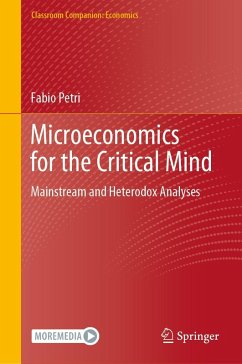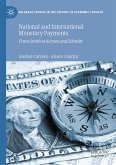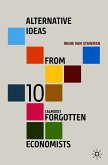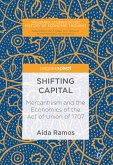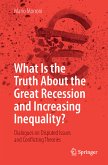The book also addresses various microeconomic issues not generally included in advanced microeconomics textbooks, including differential land rent, joint-production long-period pricing, capital theory from Walras to the Cambridge debates, the foundations of aggregate production functions, the microeconomics of labor markets, and the long-period theory of wages. Lastly, it presents a unique re-evaluation of welfare economics.
Intended for advanced undergraduate and graduate microeconomics courses, this textbook offers a comprehensive introduction to the various approaches and different schools of thought currently competing in the context of economic theory. It can also be used in courses on value and distribution, heterodox economics, and the history of economic analysis. In the present situation, characterized by scientific uncertainty and the co-existence of competing approaches, it will stimulate students to form their own opinion as to which approach appears more promising from a scientific standpoint.
Dieser Download kann aus rechtlichen Gründen nur mit Rechnungsadresse in A, B, BG, CY, CZ, D, DK, EW, E, FIN, F, GR, HR, H, IRL, I, LT, L, LR, M, NL, PL, P, R, S, SLO, SK ausgeliefert werden.
Hinweis: Dieser Artikel kann nur an eine deutsche Lieferadresse ausgeliefert werden.

